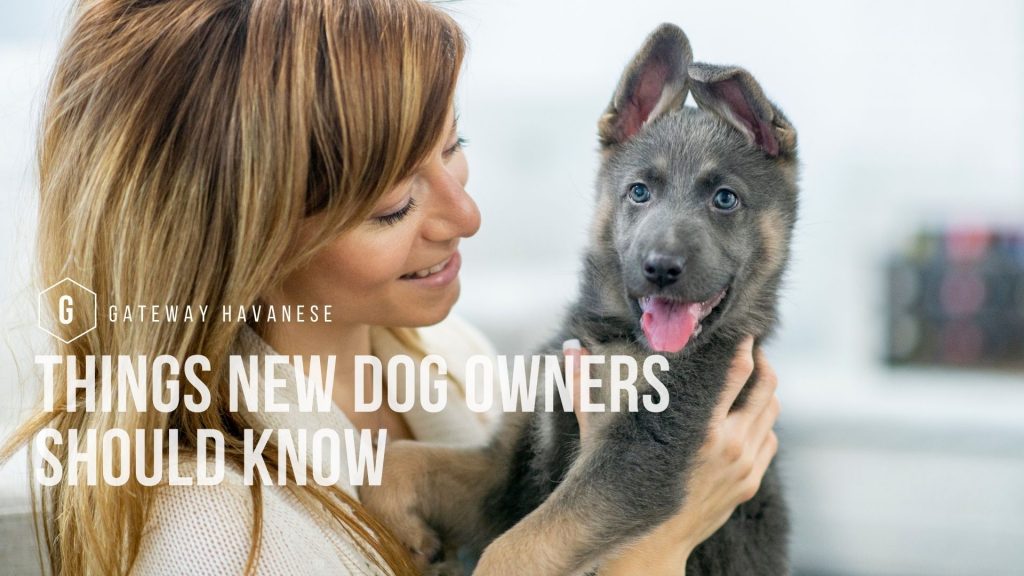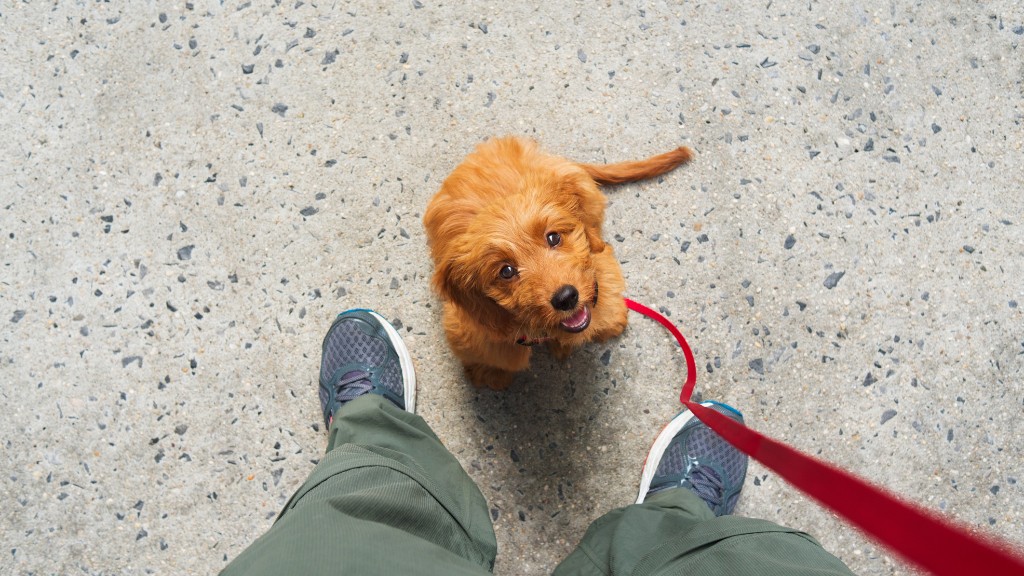
New Dog Owners Before They Adopt
By Lucasjd
12 Things New Dog Owners Must Know Before They Adopt a Pet Jim Butcher, an ...
Read more
By Lucasjd
12 Things New Dog Owners Must Know Before They Adopt a Pet Jim Butcher, an ...
Read more
By Lucasjd
Havanese Dachshund Mix The Havanese dog is becoming popular for being mixed with other small ...
Read more
By Lucasjd
Havanese Chihuahua Mix The Havanese Chihuahua mix is also known as the Cheenese. It is ...
Read more
By Lucasjd
Havanese Breeders in Florida Below is a list of Havanese Breeders and potentially available Havanese ...
Read more
By Lucasjd
Havanese Breeders in Utah Below is a list of Havanese Breeders in Utah Ahh, Utah… ...
Read more
By Lucasjd
Are you looking for a Havanese breeder in Alberta? Gateway Havanese is located in Canada ...
Read more
By Lucasjd
Havanese Haircuts for a Super-Style Havanese Pup! There is nothing more adorable in the entire ...
Read more
By Lucasjd
Are you looking for a Havanese breeder in Ontario? Gateway Havanese is located in Canada ...
Read more
By Lucasjd
Can a Dog and Cat Mate? If you own both a cat and a dog, ...
Read more
By Lucasjd
What to Consider Before Getting a Second Dog Your first dog brought so much joy ...
Read more
By Lucasjd
Skinny Dog Breeds For a dog, being considered skinny is not always a bad thing ...
Read more
By Lucasjd
Duralactin for Dogs You may have heard of Duralactin for dogs, a natural medication that ...
Read more
By Lucasjd
Yes, dog whiskers grow back, and more importantly, it is ok to cut your dog's whiskers especially if it is required for health and cleanliness reasons. When it comes to the Havanese, from personal experience with our Nessie, it is ok to cut the whiskers, they definitely grow back, and it helps with eating fatigue and cleanliness around the muzzle.
Read more
By Lucasjd
Havanese and Yorkie Mix The Havanese Yorkie or Havanese Yorkshire Terrier cross is one of ...
Read more
By Lucasjd
When Is It Too Late to Neuter a Dog? If you’ve adopted an older dog, ...
Read more
By Lucasjd
Safe Temperature to Leave Dog in Car If it’s too hot or too cold, you ...
Read more
By Lucasjd
Havanese Puppies and Breeders in Iowa Are you looking for Havanese puppies in Iowa? If ...
Read more
By Lucasjd
Havapoo Puppies for Sale in the US and Canada – Top Breeders in Both Countries ...
Read more
By Lucasjd
How to Fatten Up a Dog Today we’re learning how to fatten up a dog. ...
Read more
By Lucasjd
The 11 Best High Fibre Foods for Your Dog Today we’re looking at the 10 ...
Read more
By Lucasjd
Snuffle Mat for Dogs A snuffle mat is a fun game for dogs. It’s usually ...
Read more
By Lucasjd
Best Colour for Dog Toys Dogs don’t see colour in the same way we do. ...
Read moreBy Lucasjd
One of the reasons we got our Havanese dog was its hypoallergenic qualities, and that ...
Read more
By Lucasjd
Havanese Mix Breeds Maltese + Havanese: Havamalt Mixing a Maltese and Havanese is a match ...
Read more
By Lucasjd
When to Put a Dog Down with Cushing’s Disease? Cushing’s disease is also known as ...
Read more
By Lucasjd
Chocolate Havanese If you’re looking for a happy, playful, and energetic companion for the family, ...
Read more
By Lucasjd
Below is a list of Havanese Breeders in Nevada Ahh, Nevada…and Ahh Las Vegas. Who ...
Read more
By Lucasjd
Travel Regulations Change for ESAs in 2021 Plenty of people would consider themselves to be ...
Read more
By Lucasjd
Havanese Breeders in California Below is a list of Havanese Breeders in California If you ...
Read more
By Lucasjd
Havanese Breeders in Colorado Are you looking for a Havanese breeder in Colorado, or Colorado ...
Read more
By Lucasjd
Best Dog Bike Trailers For those looking to take their dog on a bicycle adventure, ...
Read more
By Lucasjd
Havanese Breeders in Tennessee Below is a list of Havanese Breeders in Tennessee As a ...
Read more
By Lucasjd
Havanese Breeders in Indiana If you are getting a new Havanese you are also going ...
Read more
By Lucasjd
Havanese Golden Retriever Mix: Do You Like Pure Breed or Hybrid? Mixing dog breeds have ...
Read more
By Lucasjd
Havanese Breeders in Georgia Below is a list of Havanese Breeders in Georgia If you ...
Read more
By Lucasjd
Potty Training a Puppy with a Bell If you’re struggling with ideas for how to ...
Read more
By Lucasjd
Havanese Dog Names Before you start picking names for your Havanese dog out of a ...
Read more
By Lucasjd
Havanese Sleeping Habits Havanese dogs are not considered a lazy dog breed. They do have ...
Read more
By Lucasjd
Havanese Breeders in Vermont Below is a list of Havanese Breeders in Vermont If you ...
Read more
By Lucasjd
Havanese Breeders in Massachusetts Below is a list of Havanese Breeders in Massachusets If you ...
Read more